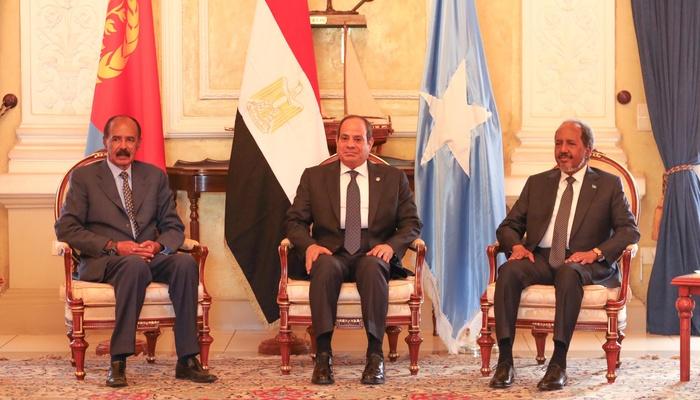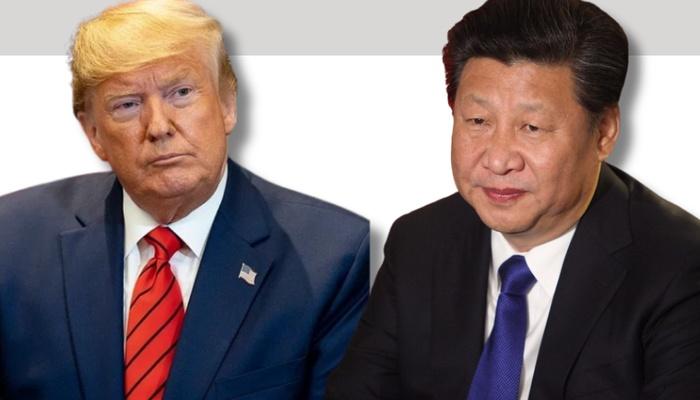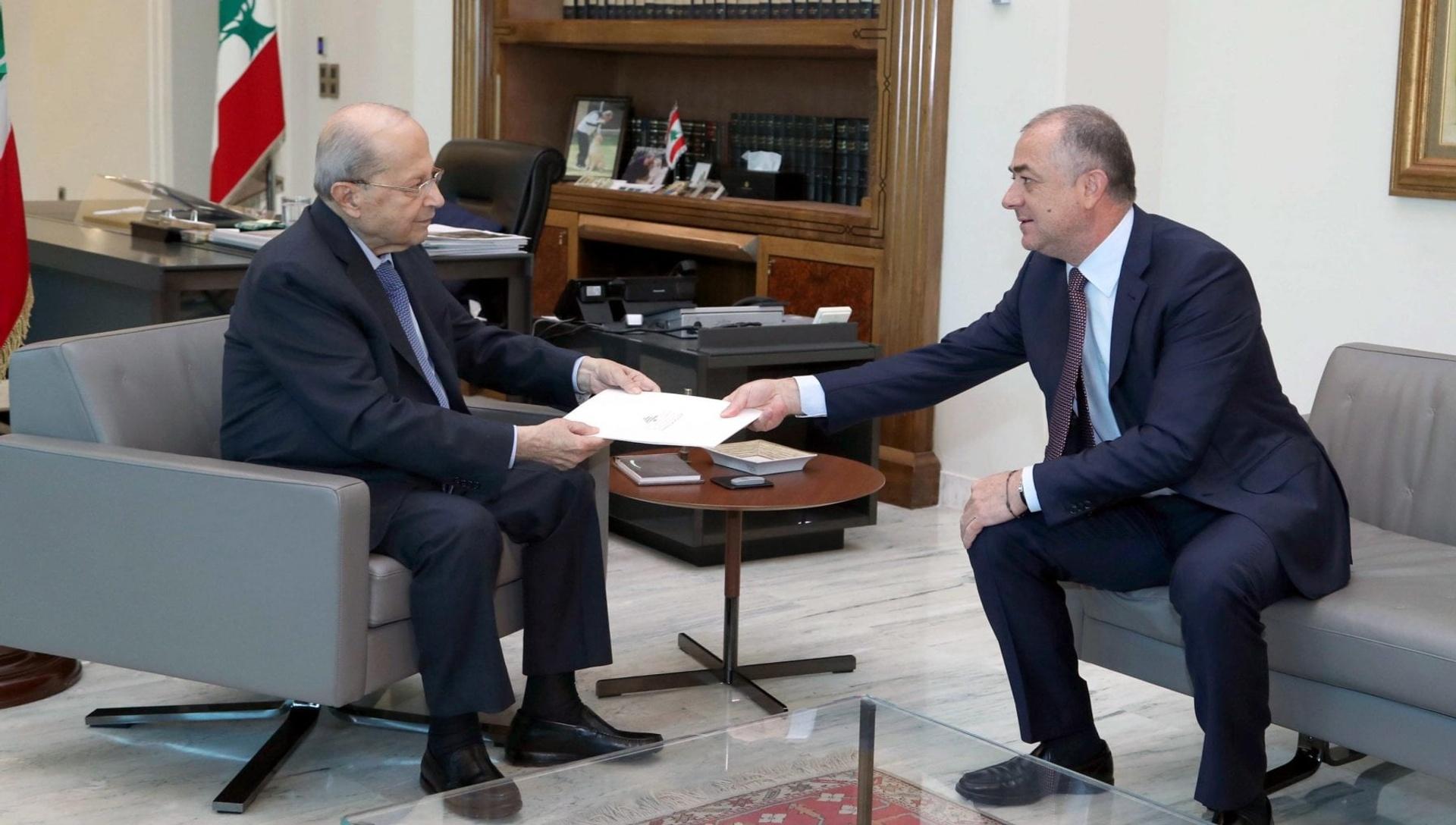Will the Lebanese-Israeli deal on the maritime borders freeze the hostilities?
Lebanon and Israel will sign the agreement on the demarcation of maritime borders in the Eastern Mediterranean on the 27th of October. The deal comes after long negotiations and Israel’s refusal to accept Lebanon’s proposed changes to the draft which almost swept away US’s diplomatic efforts ongoing since 2020. After some last minute adjustments, Israel will keep the Karish natural gas field, whereas Lebanon will have full rights on the Qana field, whose exploring operations will be carried out by Total Energy.
The deal happened because of a rare, however interesting, convergence of circumstances. The Lebanese states is experiencing the most catastrophic economic crisis in its modern history where inflation is around 180% and Lebanese pound has lost more than 90% of its value. The gas extraction from the Qana gasfiled could lift the economy and contribute to mitigate the socioeconomic collapse. Probably, the singular structure of the US-brokered agreement played a crucial role in persuading the diverse members of the Lebanese Parliament, Hezbollah included, to accept the deal. Instead of being a direct bilateral agreement between Israel and Lebanon, it will, in fact, consist of two agreements, one between the USA and Lebanon and the other one with Israel. Although the US’s role in proving security guarantees to Israel and the transnational frame of the deal could recall the Abraham Accords, the meaning is profoundly different. The deal on the demarcation of maritime borders is far from being a peace treaty between Lebanon and Israel. The two countries will continue having no diplomatic relations and will be still at war.
The agreement will not even be enough to either stop or reduce Hezbollah’s rhetoric toward Israel’s critical military targets. However, the Party of God does know that a potential military conflict with Israel could not only sweep away the prospect of future economics gains linked to the deal, but also compromise Hezbollah’s expanding regional role plan. At least theoretically, the agreement has a remarkable historical value at local ad sub-regional levels. It indeed represents the first deal between the two historical enemy counties since the 2006 ceasefire. Beyond marking an important American political win, the USA would bring a partial stability in the region because of the countries’ economic interests. The US role vis-à-vis the French agenda in the region may open the door to further negotiations in territorial disputes and potentially in war-torn countries. More broadly, the official signing of the maritime agreement may also contribute to (re)affirming a more incisive role for Washington in the Middle East region.





